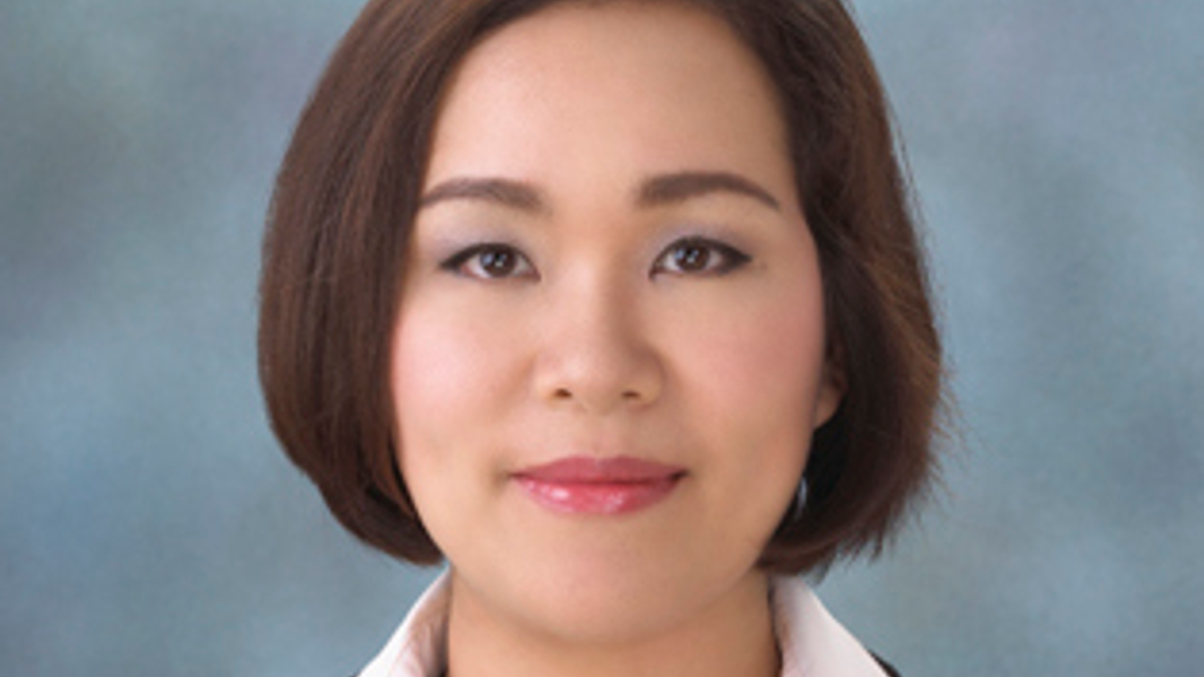Thailand’s SSO plans $2bn in global RFPs
The $38 billion pension fund is moving to diversify as well as expand its investment team. We speak to its new head of investments, Chompoopen Sirithorn.

Thailand’s Social Security Office (SSO) is debating when to issue requests for proposals for up to $2 billion in active overseas securities management, including issuing its first international equity mandates, AsianInvestor can reveal.
Sign in to read on!
Registered users get 2 free articles in 30 days.
Subscribers have full unlimited access to AsianInvestor
Not signed up? New users get 2 free articles per month, plus a 7-day unlimited free trial.
¬ Haymarket Media Limited. All rights reserved.


